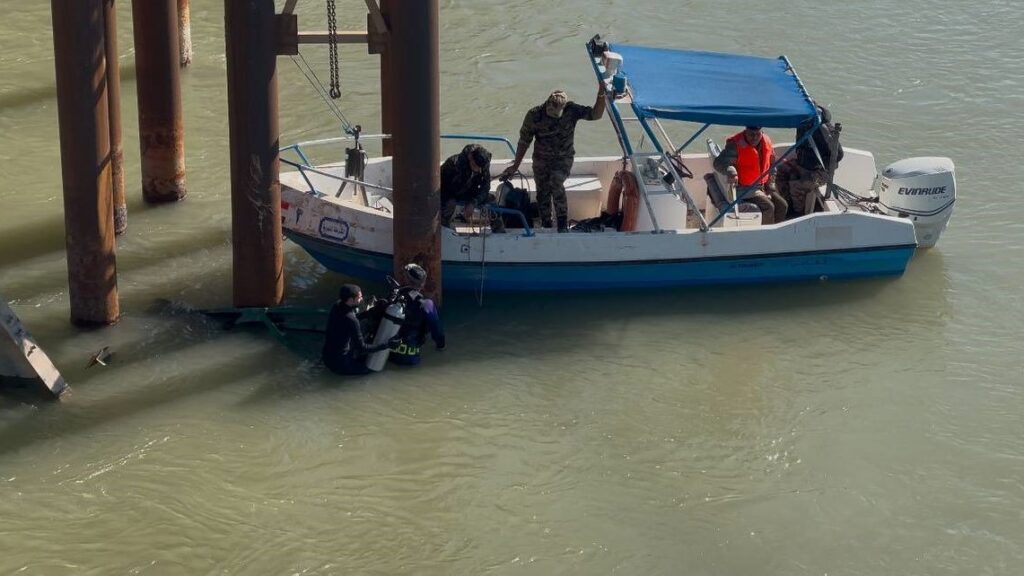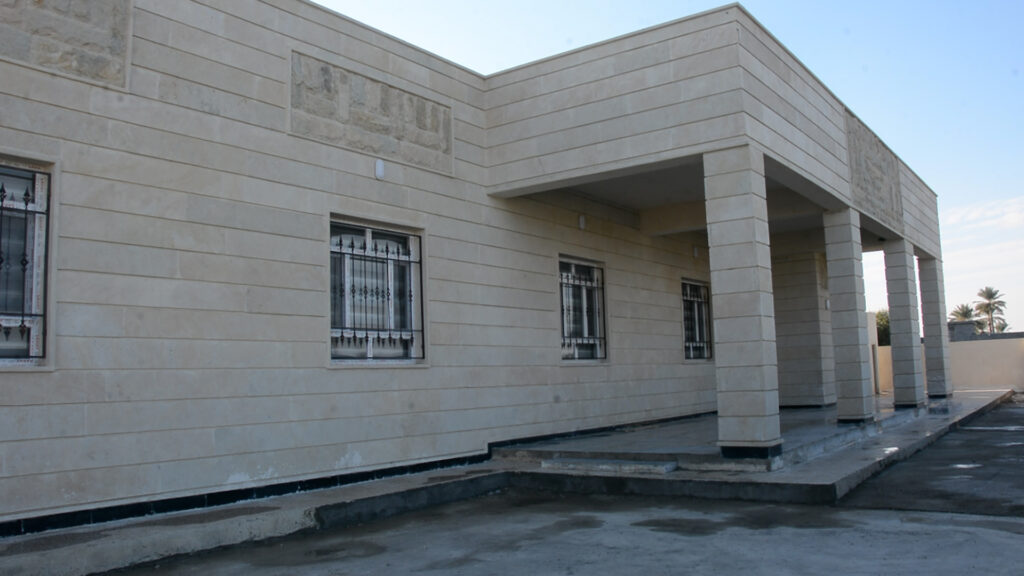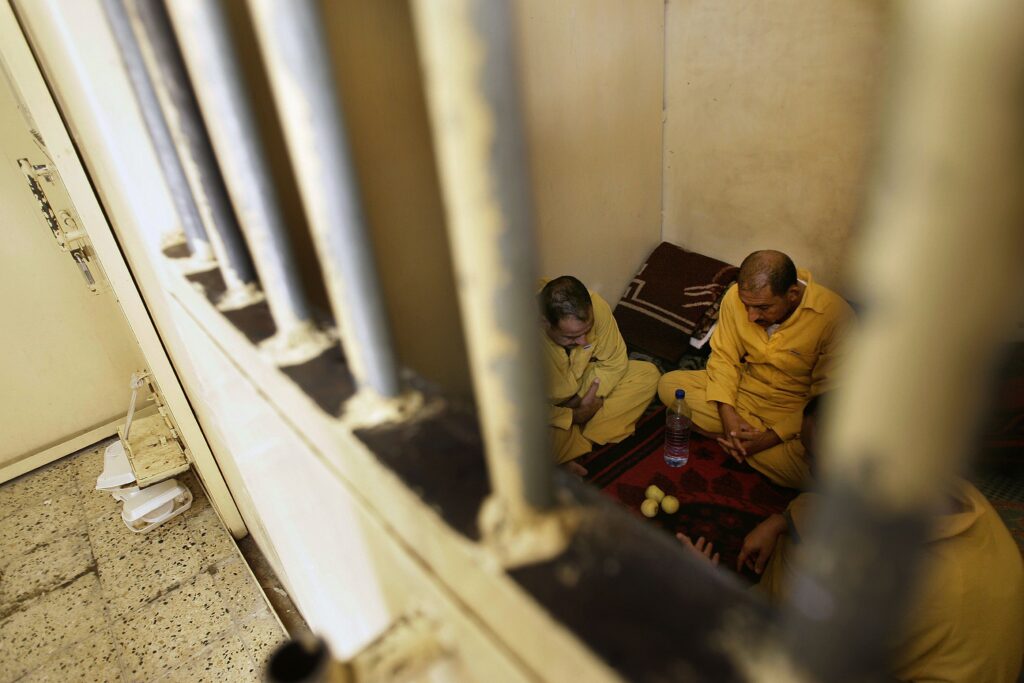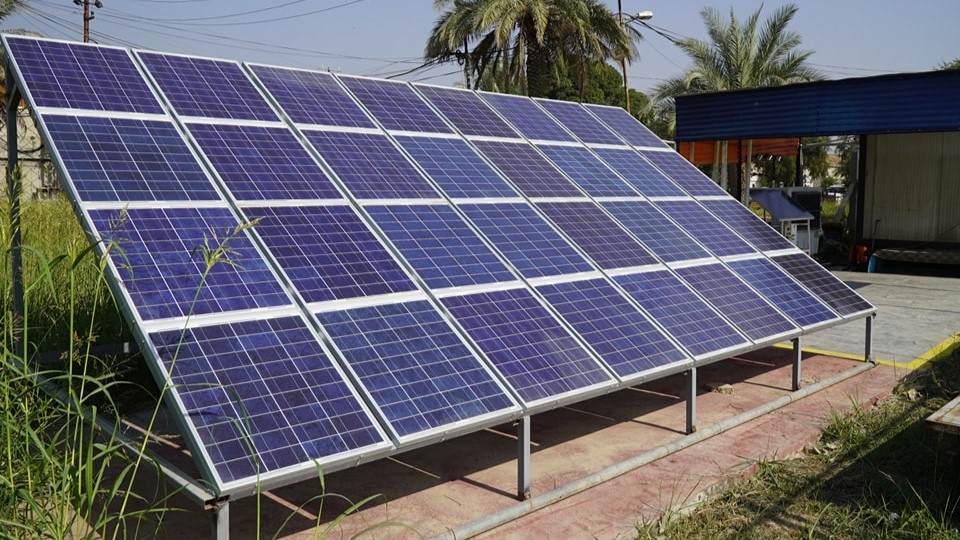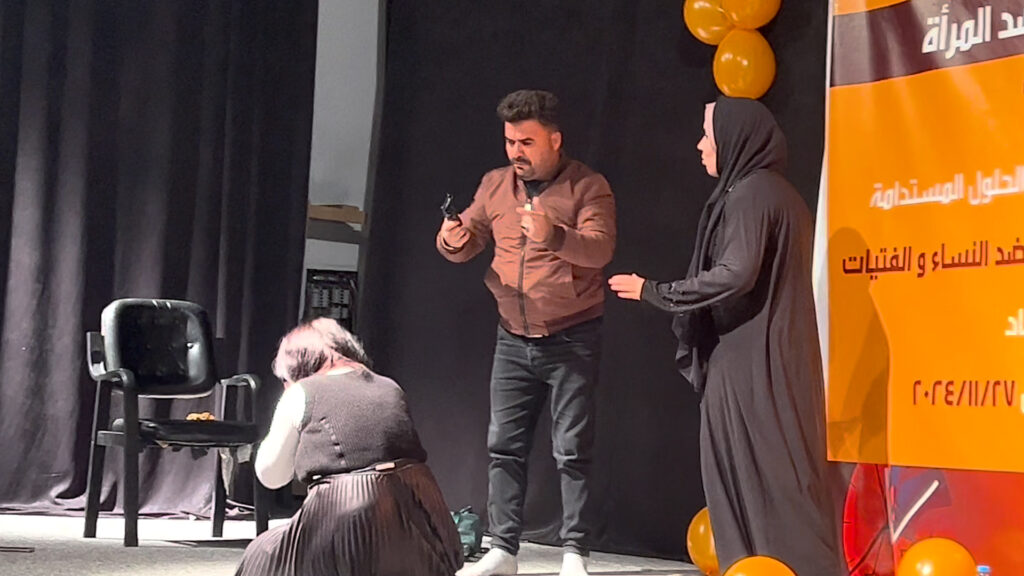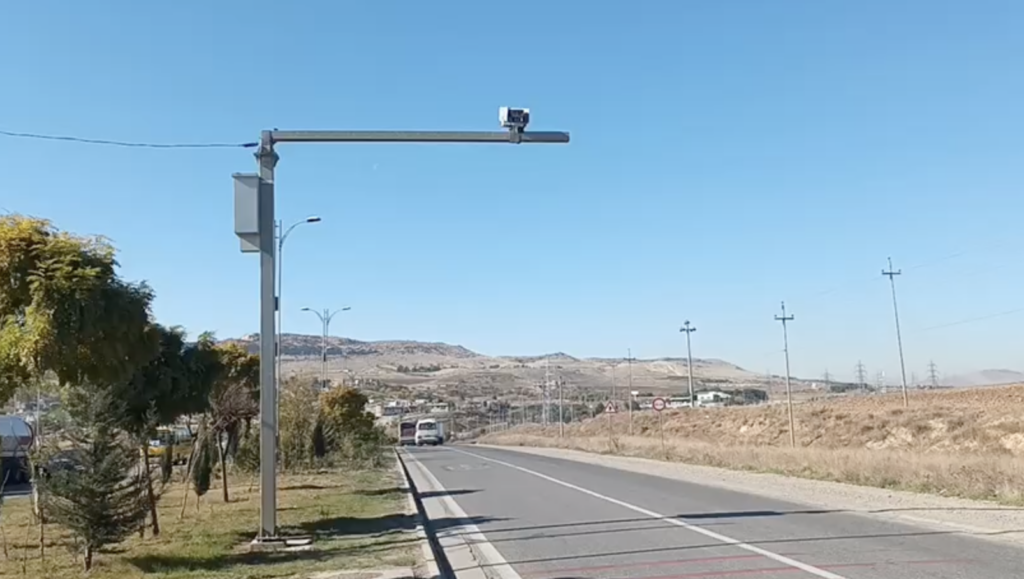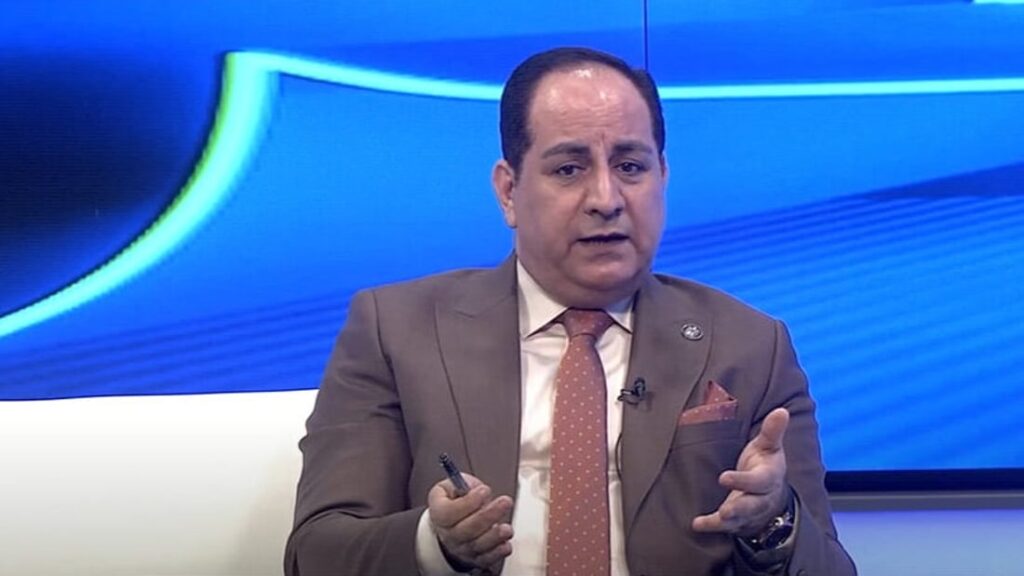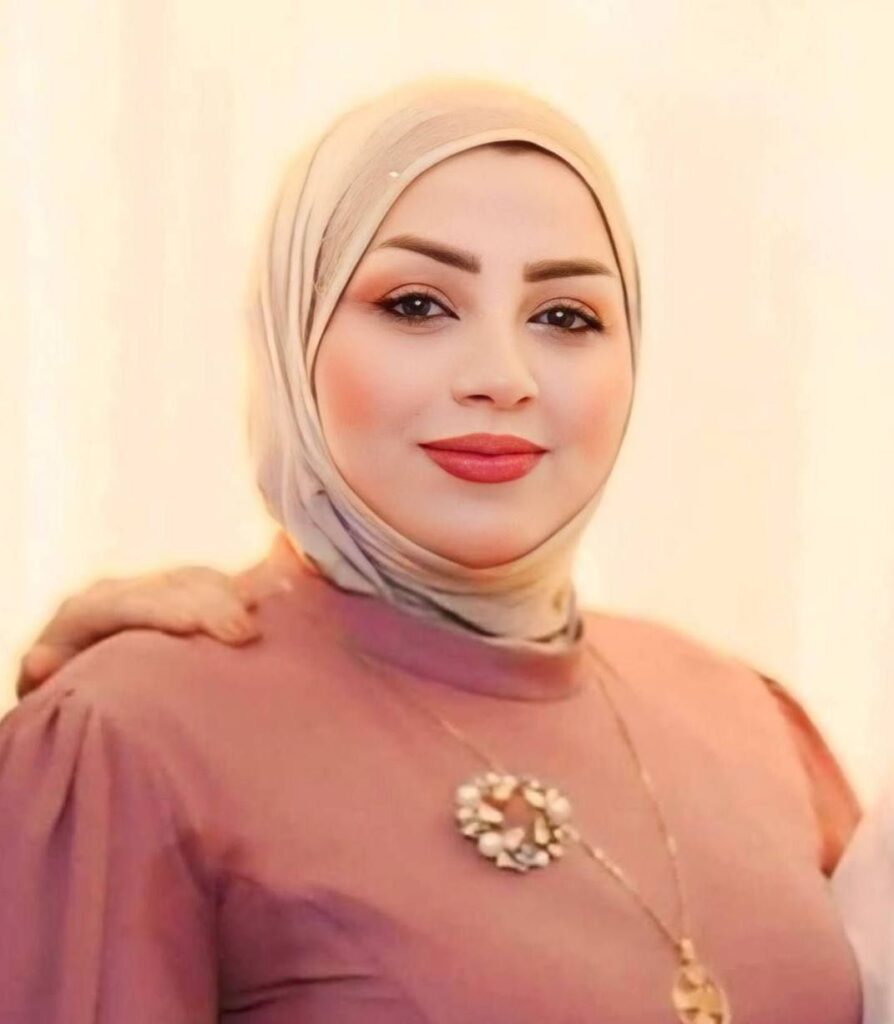Iraq: Implementation of resolution 2470 (2019) - Report of the Secretary-General (S/2019/660) [EN/AR]
I. Introduction
- The present report is submitted pursuant to Security Council resolution 2470 (2019), in which the Secretary-General was requested to report to the Council every three months on the progress made towards the fulfilment of all the responsibilities of the United Nations Assistance Mission for Iraq (UNAMI). The report covers key developments relating to Iraq and provides an update on the activities of the United Nations in Iraq since my previous report of 2 May 2019 (S/2019/365) and the briefing to the Security Council provided by my Special Representative for Iraq and Head of UNAMI on 21 May 2019.
II. Summary of key political developments
A. Political situation
Following extensive consultations between the President, Barham Salih, the Prime Minister, Adil Abd Al-Mahdi, the Speaker of the Council of Representatives, Mohamed al-Halbousi, and political leaders, progress has been made towards completing the filling of positions in the Government of Iraq. Three of the four outstanding vacant ministerial positions, namely the Minister of Defence, the Minister of the Interior and the Minister of Justice, have now been filled. Discussions continue over the post of Minister of Education.
The months-long deadlock between political blocs over nominations for those senior government roles was finally resolved following interventions at the highest level. Grand Ayatollah Ali al-Sistani, in a sermon delivered by his representative, condemned the infighting over political positions and emphasized the importance of completing appointments to the Cabinet. He also criticized rampant corruption, the excessively bureaucratic Government, the lack of employment opportunities and the shortage of basic public services.
On 15 June, the Speaker announced that the finalization of appointments to the Cabinet and the replacement of acting senior officials with professional civil servants would remain on the agenda of every parliamentary sitting until such issues were resolved. On 24 June, the Council of Representatives voted in favour of the appointments of General Najah al-Shammari as Minister of Defence, Yasin al-Yasiri as Minister of the Interior and Farquq al-Shawani as Minister of Justice. The nominee for the post of Minister of Education, Sufanah al-Hamadani, the only woman nominated for a ministerial post, failed to secure enough support for her candidacy. An alternative candidate, Zahidah al-Ubaydi, also a woman, similarly was not endorsed at a parliamentary session held on 27 June.
Progress has also been made on the election of chairs, deputy chairs and rapporteurs of parliamentary committees, including the important committees on foreign affairs, security and defence, the economy and investment, finance, and oil and gas. The chairs of 7 of the 22 parliamentary committees, including the Committee for Monitoring the Implementation of the Government Programme, remain to be appointed. To date, only two positions are held by women.
On 2 July, the Council of Representatives decided to extend its legislative term by one month until 9 August to ensure the passage of key legislation amending the Federal Budget Law of 2019 and the Governorate Council Electoral Law. Those laws were subsequently passed on 8 and 22 July, respectively.
The Government has maintained its focus on combating corruption. The Supreme Council for Combating Corruption meets on a monthly basis and is chaired by the Prime Minister. Discussions have been focused on the shortage of judges competent to address corruption cases, corruption in the oil sector and the trade in illicit drugs.
During the reporting period, the Government also discussed ways to strengthen the environment for investment in Iraq. On 26 May, in a meeting, the Special Committee on the Preparation of the State Budget Strategy 2020–2022 discussed how to protect the investment environment from corruption, the necessity of developing the banking sector, restructuring banks and encouraging partnership with foreign banks.
On 12 June, the Secretary-General of the Council of Ministers met representatives of relevant sectoral bodies, the public sector, local experts and investors. They agreed on the importance of adopting specific steps to attract investments to the country, the need to activate public and private sector partnerships and the necessity of reviewing and amending legislation and procedures to improve the environment for business and investment. Recommendations have been forwarded to the Council of Ministers for consideration.
On 1 July, the Government issued a report on the implementation of its programme for 2018–2022, covering the period from October 2018, when it came into office, to April 2019. In the report, the Government assessed the progress made in implementing its programme and identified obstacles that might impede the completion of projects, such as a lack of financial allocations and delays in the endorsement of project implementation plans. The report is the first of its kind issued by a Government of Iraq.
Meanwhile, on 5 May, after protracted negotiation, the Kurdistan Democratic Party (KDP) and the Patriotic Union of Kurdistan (PUK) signed an agreement on the distribution of cabinet portfolios in the new Kurdistan Regional Government. KDP will hold the presidency and the prime ministership. PUK will fill the posts of Speaker of the Kurdistan Regional Parliament, Second Vice-President and Deputy Prime Minister, as well as the position of Regional Minister for Baghdad-Erbil relations. Gorran will hold the position of First Vice-President.
On 28 May, the Kurdistan Regional Parliament elected Nechirvan Barzani as the new President of the Kurdistan Region, with 68 of the 81 votes cast by members in attendance. PUK boycotted the vote, alleging that KDP had failed to honour previous political agreements.
On 10 June, Mr. Barzani was installed as President of the Kurdistan Region. His inauguration was attended by Mr. Salih, on his first visit to Erbil as President of Iraq, Mr. Al-Halbousi and representatives of all the main Kurdish political parties, including the PUK leadership, as well as the Minister for Foreign Affairs of Turkey, Mevlüt Çavu?o?lu. In his inauguration speech, Mr. Barzani highlighted the importance of a new road map for relations between Baghdad and Erbil, underlining that the Kurdistan Regional Government would work closely with the federal Government to find solutions to outstanding issues, within the framework of the Constitution of Iraq.
On 11 June, the Kurdistan Regional Parliament appointed Masrour Barzani, the KDP nominee, as Prime Minister-designate of the Kurdistan Region. He received support from 87 of the 97 members attending the session, including PUK members. The President of the Kurdistan Region subsequently asked the Prime Ministerdesignate to form a cabinet within 30 days. On 10 July, the Kurdistan Regional Parliament held a vote of confidence in the Prime Minister-designate, his deputy, Qubad Talabani, of PUK and all of the 21 other proposed cabinet members, who were then immediately sworn in. Three of the ministers are women and hold the portfolios of labour and social affairs, agriculture and water resources, and regional affairs. The key post of Minister for Natural Resources remains vacant.
On 11 July, Rewaz Faiq, of PUK, was elected Speaker of the Kurdistan Regional Parliament, the first woman to hold the post on a permanent basis. On the same day, the Prime Minister of the Kurdistan Region announced an agenda for the Kurdistan Regional Government that would be focused on institutional reform, anti-corruption measures and improved relations between Baghdad and Erbil.

